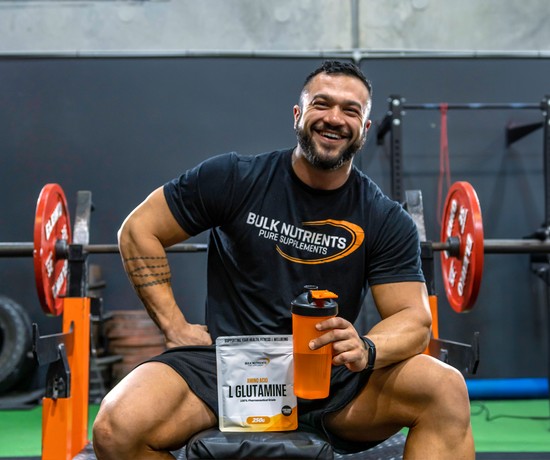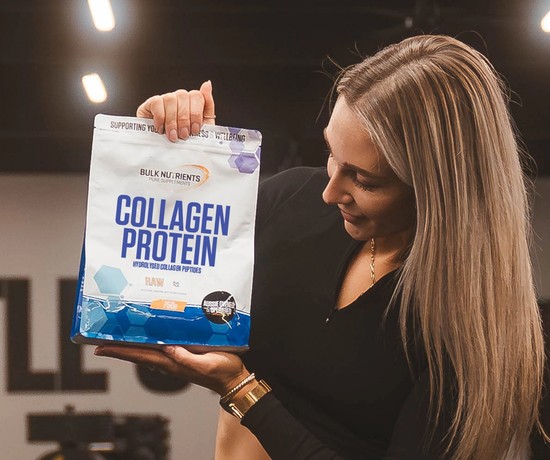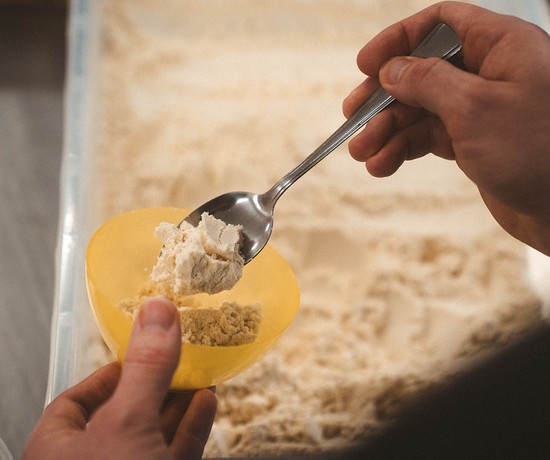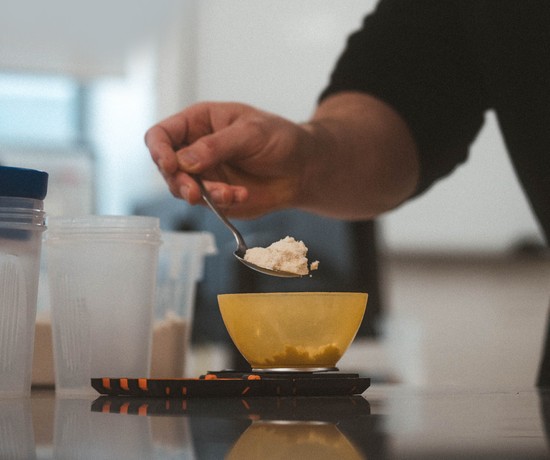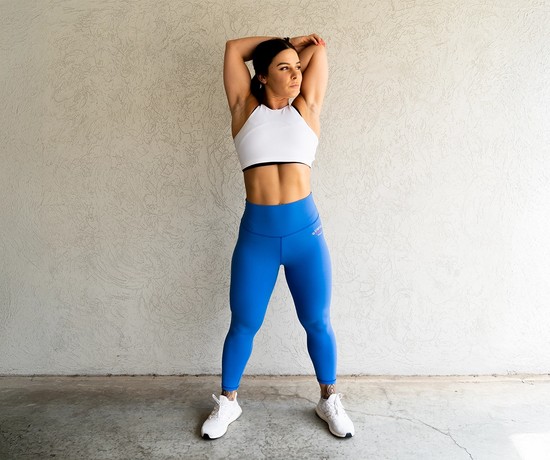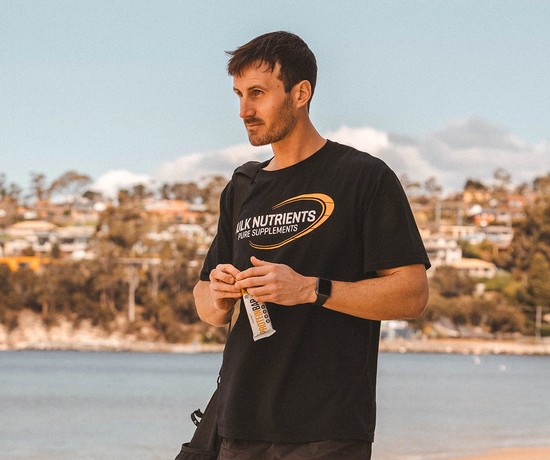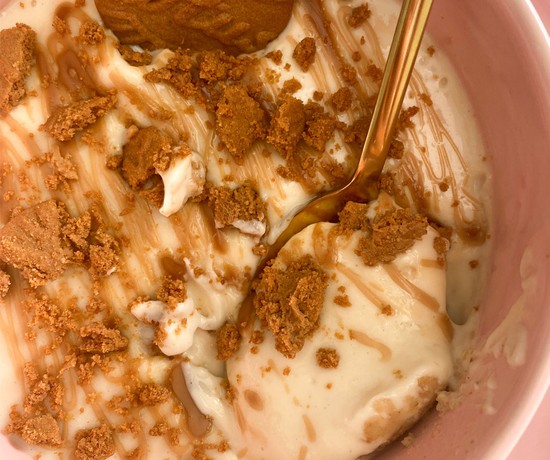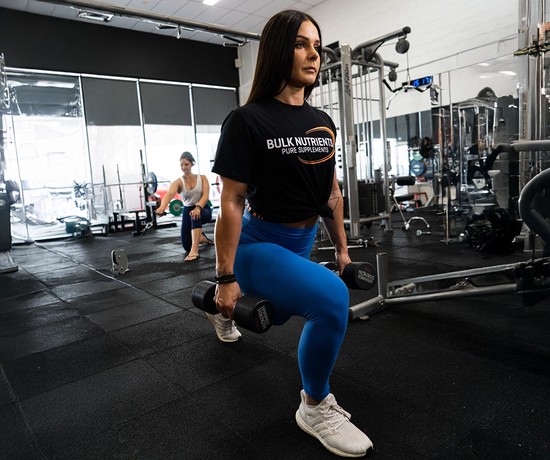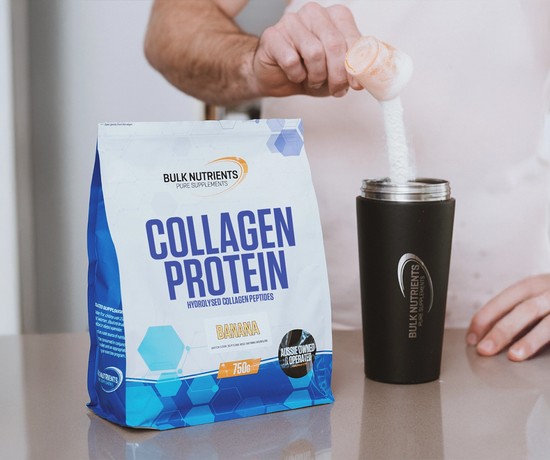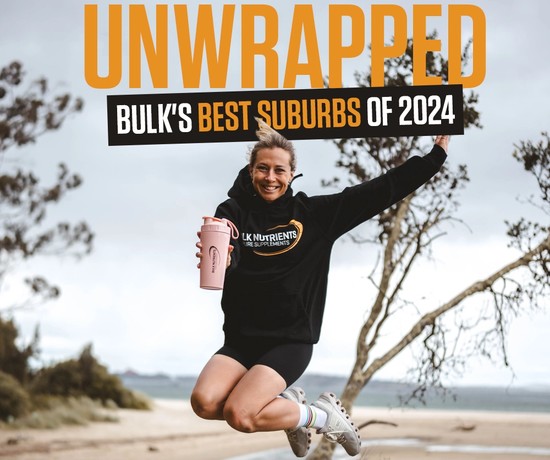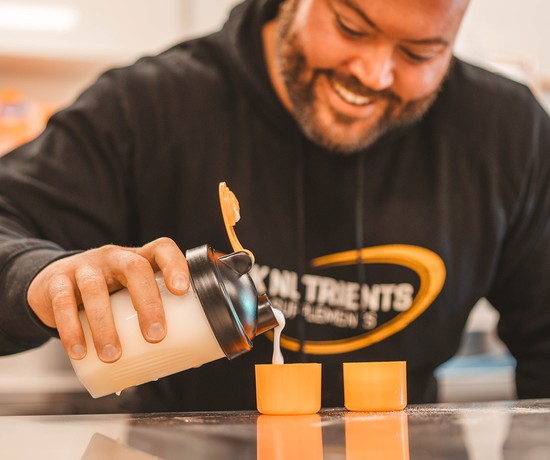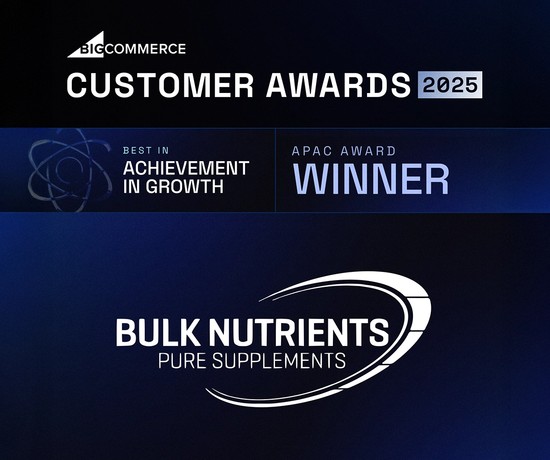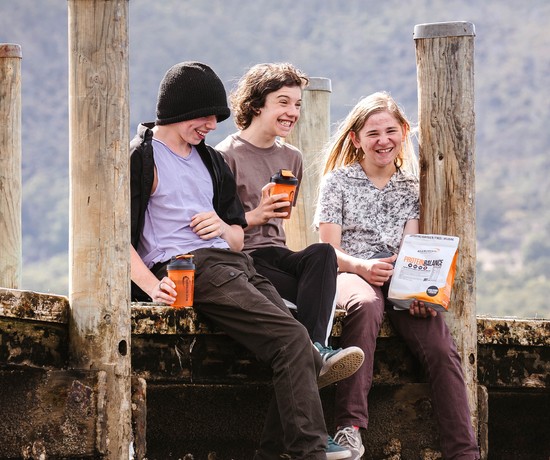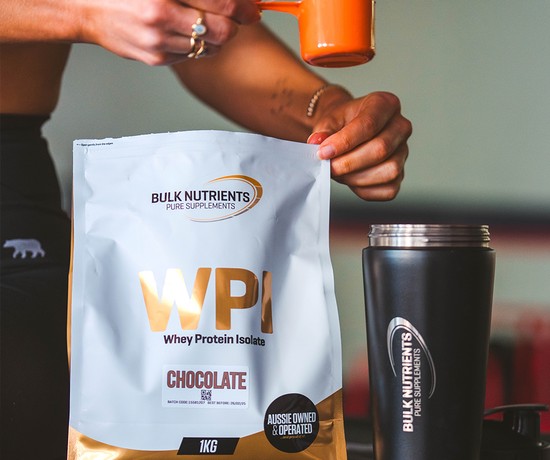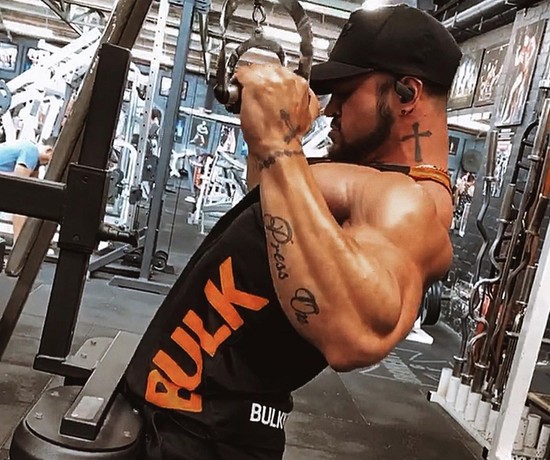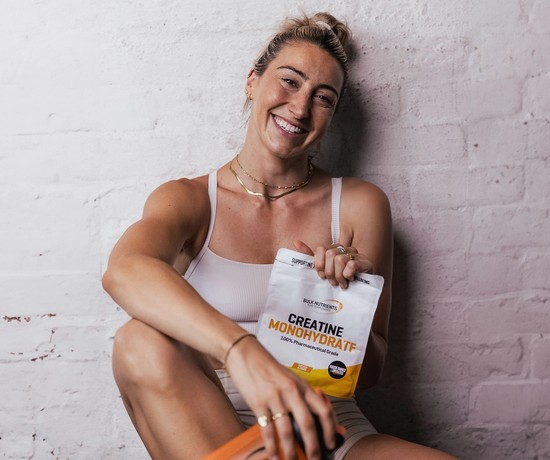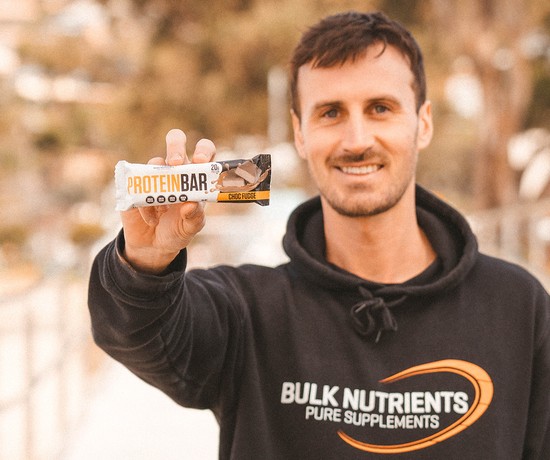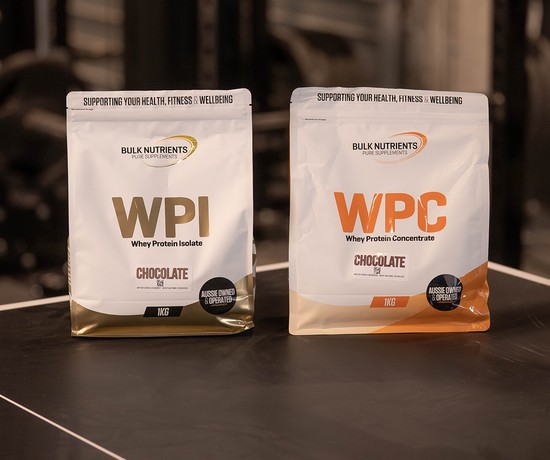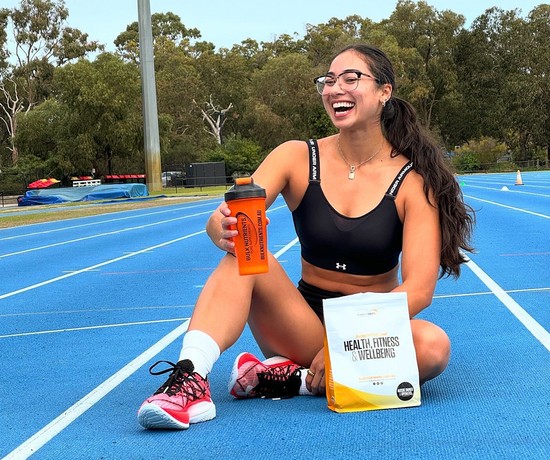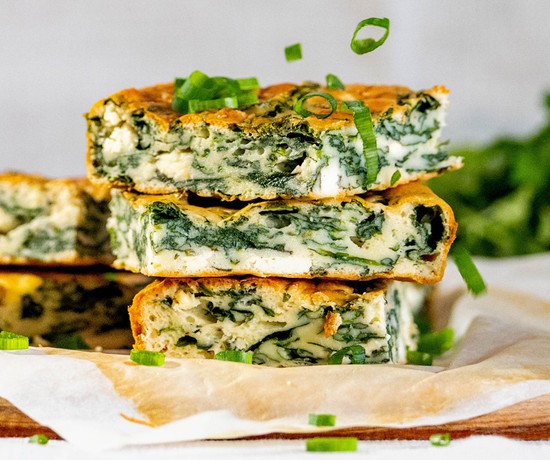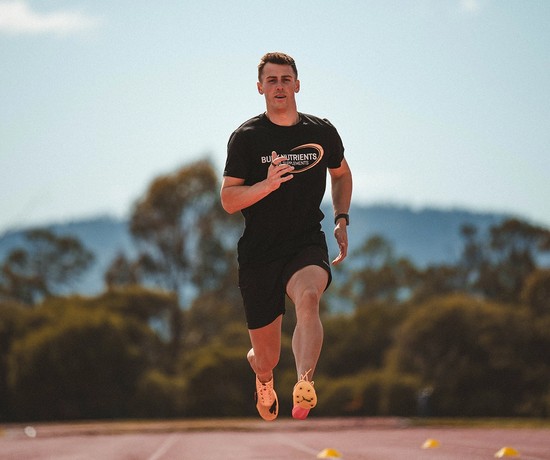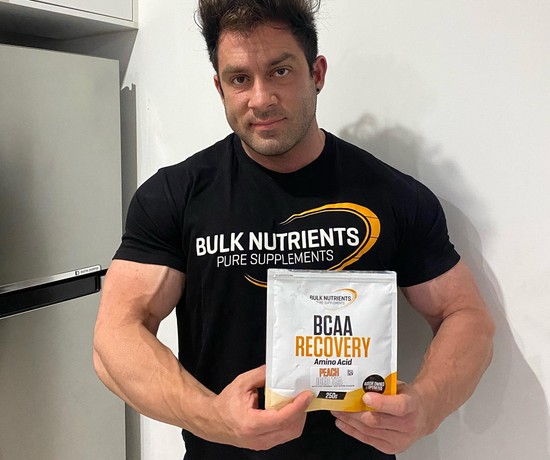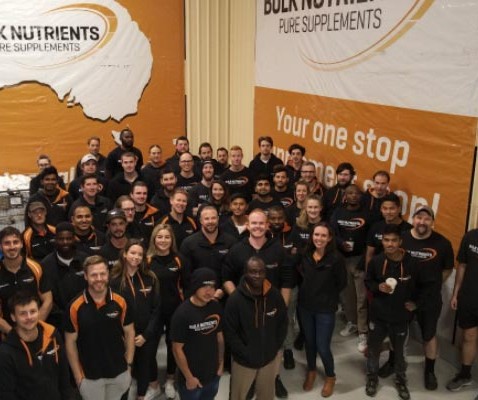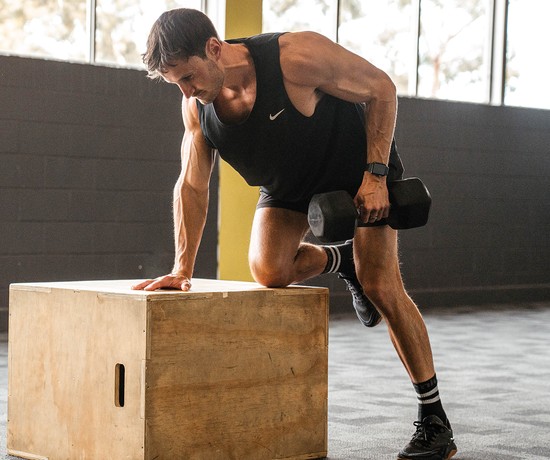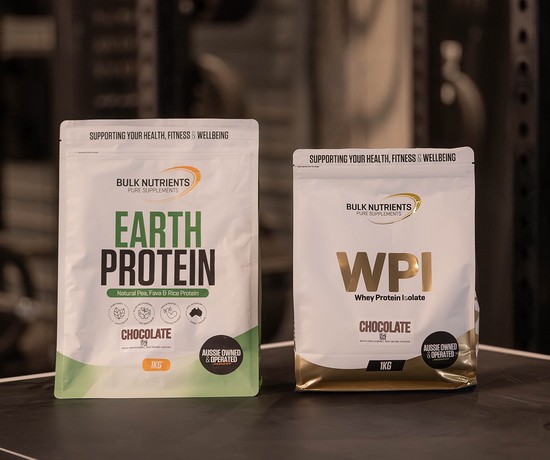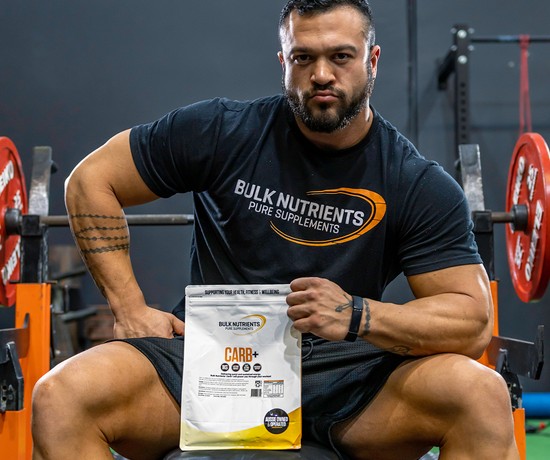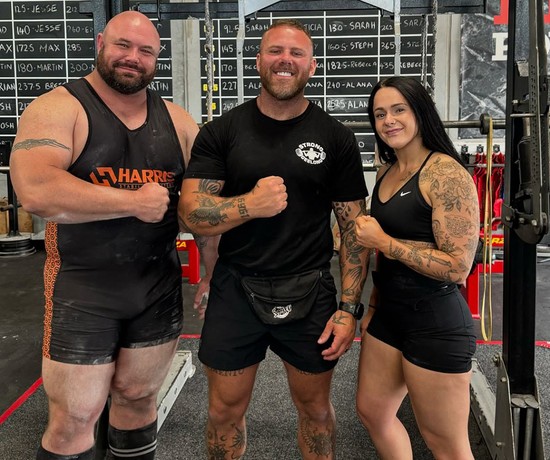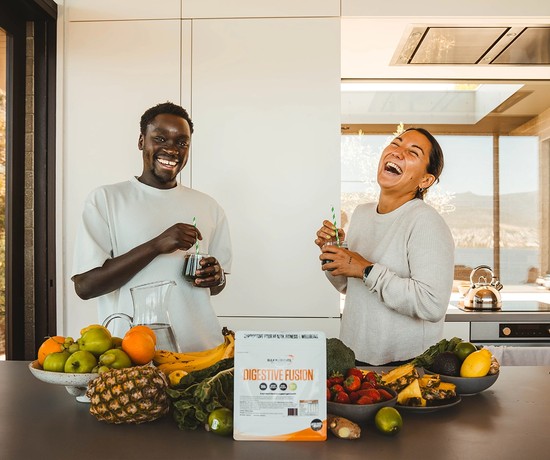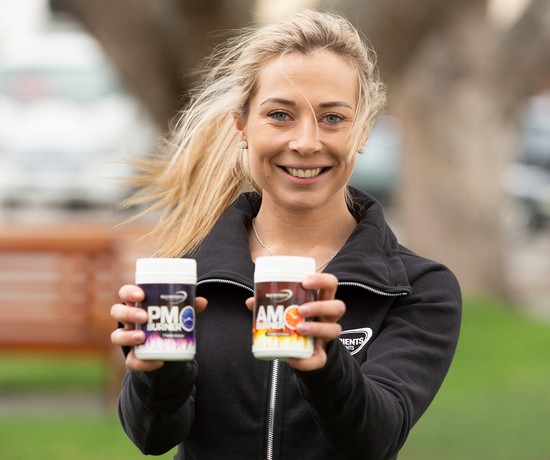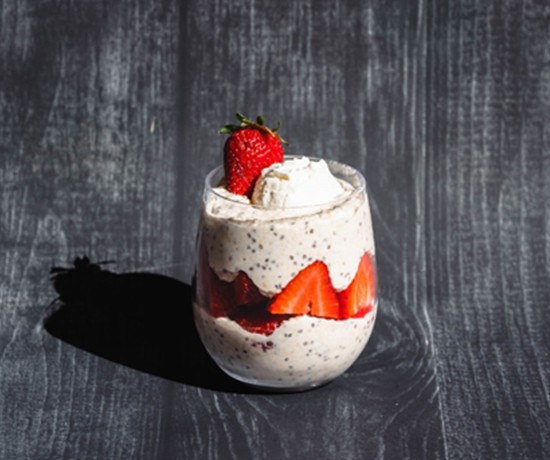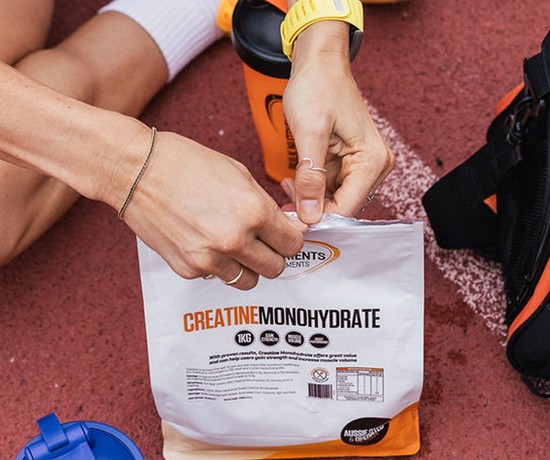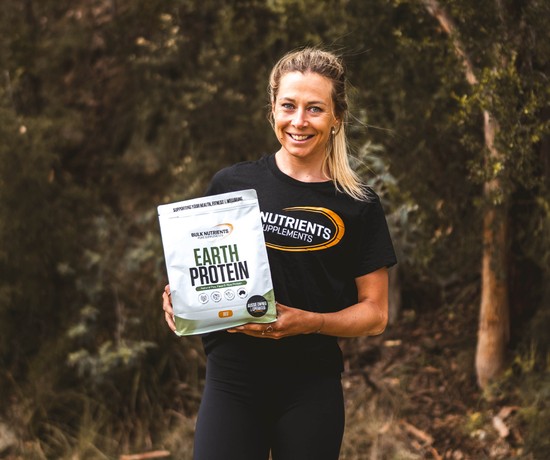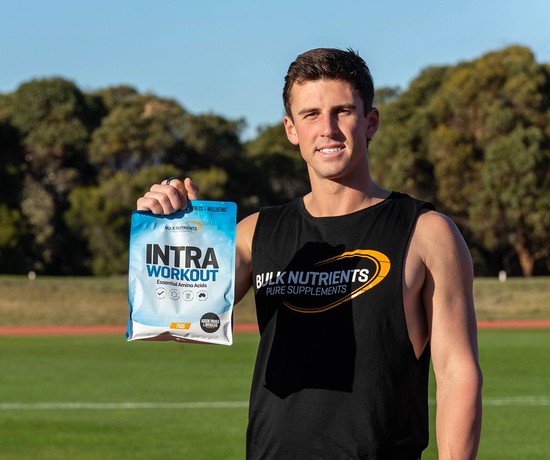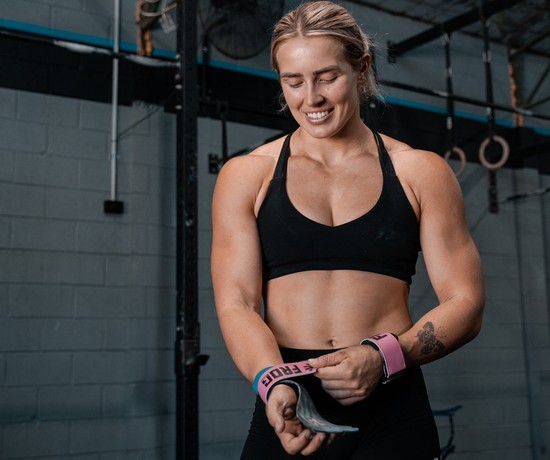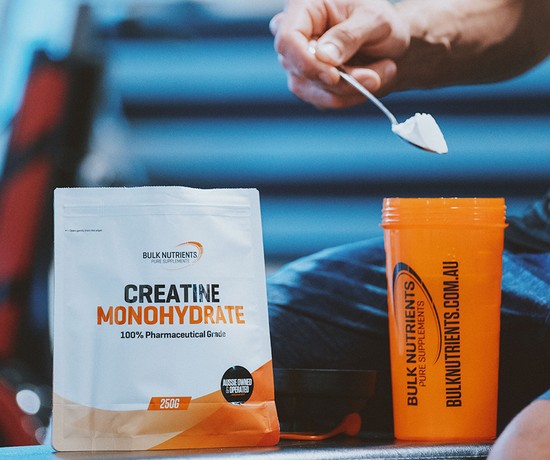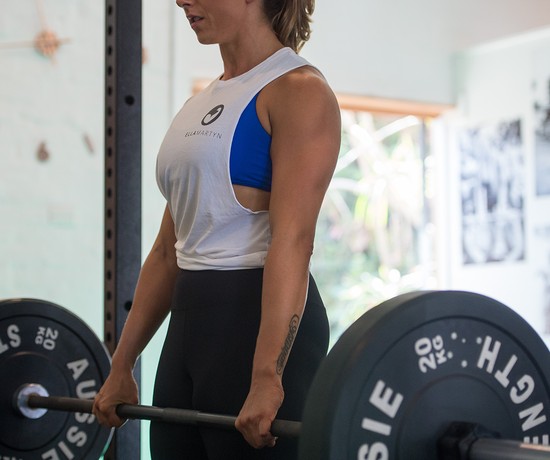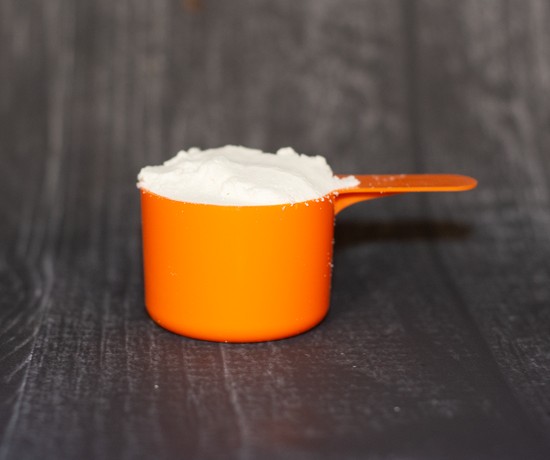Bulk Nutrients Packaging Sustainability Strategy
Bulk Nutrients is a proud member of the Australian Packaging Covenant Organisation, which means we think about how our food packaging impacts the environment, and what we can do to minimise that impact.
UPDATE MAY 2023:
Sadly the REDcycle scheme is no longer operational. Unfortunately, this means that there is no collection of soft plastics for recycling available for customers at the present time. Industry is working hard to identify pathways to create new scheme(s). In the meantime, customers are advised to dispose of their soft plastics in the landfill bin.
UPDATE JULY 2025:
There are currently trials in some local government areas via major supermarkets to accept soft plastics for recycling, but as yet an Australia wide scheme is not operational. As per the APCO requirements all our bags are now labelled to be disposed of in the bin, but if the scheme is successful we will be able to redirect all our packaging to the scheme as it is all compliant for soft recycling. At that stage we will again update the directions for disposal on our bags.
We are really proud to offer effective, quality, value for money supplements, and part of how we do that is to focus on waste, both physical waste (ie what we throw out) and also through out our processes. We are pretty frugal here at Bulk - we really love to reduce, reuse and recycle!
Despite there no longer being a REDcycle scheme, in the next year, we have committed to
- Reviewing 100% of new products against the Sustainable Packaging Guidelines (SPGs)
- Reviewing 25% of all existing packaging against the SPGs
- Reviewing 25% of all existing products per year to optimise the quantity of material used in packaging, all through the supply chain
This includes investigating and trialling monolayer packaging, so that when a soft plastics scheme resumes, we are best placed to have our packaging recyclable.
We are actively working towards the 2030 National Packaging Targets, which include:
100% of all Australia's packaging will be reusable, recyclable or compostable
Until recently (late 2022) all our bags could be dropped off to RedCycle collection points Australia wide, where they were then recycled into a variety of items like outdoor furniture. Until a program is developed to replace it, unfortunately all our soft plastic bags must be disposed of in the standard rubbish bin.
All our tubs and plastic shakers and scoops are made from HDPE or PP, which is recyclable in the curbside recycling bins.
We purchased outdoor furniture for our staff from Replas to fully 'close the loop' and help contribute to the growing circular economy, where waste is treated as a valuable resource.


30% average recycled content will be included across all packaging by 2025
We keep a close eye on developments in the packaging industry, and are really pleased to see some industry focus on development of recycled and biodegradable primary packaging for long shelf life products. Also as we ship direct to you, we need to ensure any new materials can cope with the rough and tumble of delivery, which is why so far some biodegradable options aren't suitable.
As recycled content isn't viable for use in packaging in direct contact with long shelf life food so far (like our pouches), we've made some great progress in other parts of our operations. Our postal satchels are made from 80% recycled material, and will be recyclable as a mono layer soft plastic as soon as the RedCycle (or replacement) scheme is operational.
Our cartons are made from 55 to 100% recycled content, and can be recycled in your curbside recycling, they also make excellent moving boxes, and cat castles. All our cardboard is FSC Certified.
Problematic and unnecessary single use plastic packaging will be phased out through design, innovation or introduction of alternatives.
Many of the dosages for our 250g products are based around a standard 5ml teaspoon. We used to supply over 15 000 spoons per month and many customers contacted us asking if they were really necessary. Small items like the spoons though recyclable are also problematic for many recycling sortage facilities due to their size, so we made the decision to discontinue them, and instead indicate via our directions to use a standard 5ml teaspoon. Through this change alone we will reduce the amount of spoons that enter the supply chain by 200 000 per year!
On the back of this, and based on customer feedback, we are currently investigating options for stainless steel scoops, with the idea we may in the future be able to discontinue our current plastic protein scoops and instead provide a stainless steel option.
If you're looking for a secondary use for your plastic product scoops, many day care centres and schools like them for use in craft and as paint pots - but ensure you ask before dropping them off!
We love to give samples at shows and events, but we have also prioritised more live tasting at events, so you can still check the flavour of the product at an event, without the single serve sample packaging.
Reducing our overall environmental impact
So what else do we do? Here in beautiful Southern Tasmania we have a 100KW solar system, that covers over 80% of our electricity usage. The remainder is sourced from Tasmania’s clean and green hydro and wind renewable energy system.

We do the little things like turn off lights in rooms not in use, and make sure we're wearing a jumper before turning on the heat pump. We actively recycle our onsite waste (printer cartridges, e waste, batteries, cardboard, co mingled, paper and soft plastics) and we use 100% recycled paper in our offices, and our accounts team even works in a paperless office.
We are continuing to work with our partners throughout our supply chain to reduce unnecessary packaging, and to ensure we are growing sustainably.
APCO Performance Summary
To see our progress, check out our latest 2025 Annual Report & Action Plan and 2025 Performance Summary.
The previous years can be found below:
2024 Annual Report
2024 Performance Summary
2023 Annual Report & Action Plan
2022 Performance Summary
2022 Annual Report & Action Plan
2021 Performance Summary
2021 Annual Report & Action Plan
2020 Performance Summary

